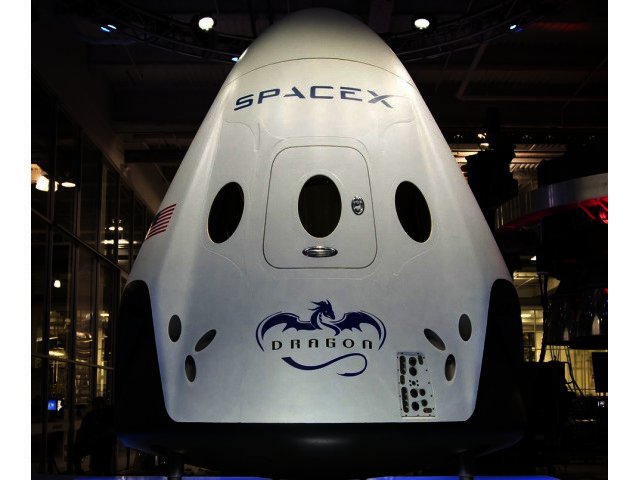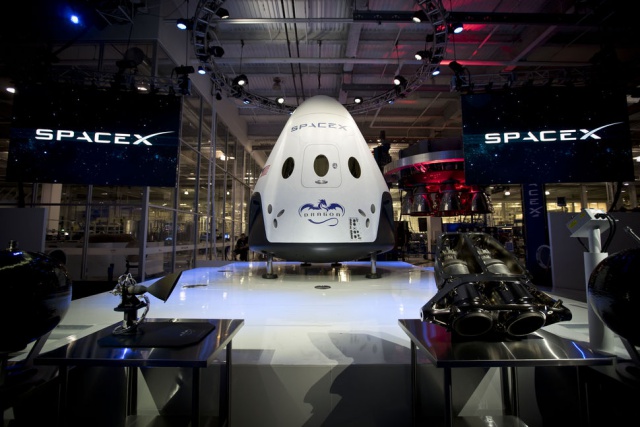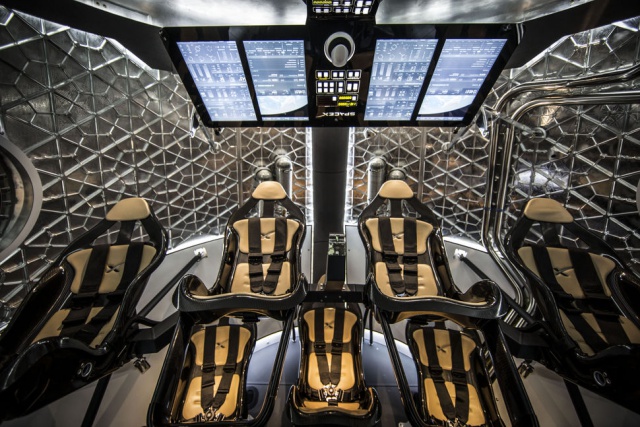Elon Musk unveils SpaceX's Dragon V2 manned spacecraft
By Robin-Leigh Chetty 30 May 2014 | Categories: news
SpaceX founder Elon Musk, showcased a newly designed manned spacecraft named the Dragon V2, as he continues his ambitious vision of providing relatively cheaper transport into outer space. According to SpaceX, the Dragon V2 is capable of carrying up to seven passengers, with seven days worth of operation and capacity to travel to and dock onto the International Space Station. To put that in perspective, the International Space Station currently orbits around Earth at an approximate distance of 370 km, which means the Dragon V2 has fantastic travelling range.

Musk described the new Dragon V2 spacecraft as a "major leap forward in technology" compared to the original version. The V2 is able to launch, as well as land from virtually any location on the globe (land-based obviously). The fact that it can land anywhere thanks to its propulsion jet engines, means the Dragon V2 can also be used for multiple missions. Still in its infancy stages of development, the Dragon V2 will reportedly be ready for manned space-bound deployment sometime in 2016.
The Dragon V2 forms part of NASA's commercial crew deployment program, which gave the objective of designing small spacecraft capable of carrying at least four crew members to and from space safely. Other firms competing with SpaceX in this program include Boeing, Blue Origin and Sierra Nevada, all of whom have their work cut out for them in trying to out do SpaceX's offering.

The Dragon V2 could potentially result in major yields for SpaceX, if fully adopted by NASA, as the US currently pay Russia $60 million per person travelling to the International Space Station.
Most Read Articles

Have Your Say
What new tech or developments are you most anticipating this year?



